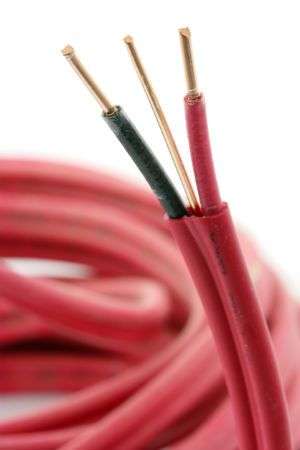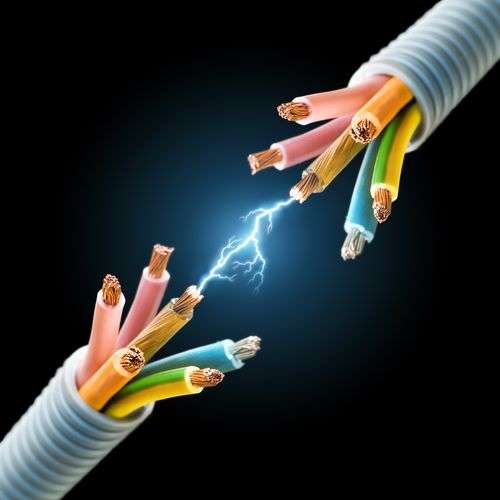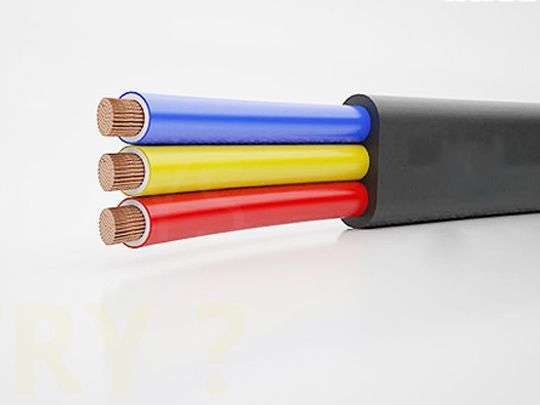
As we are building our new abode or revamping the existing one, there are numerous factors that need precise care. The products that are used in a household are hugely impacted by the technology. Through the swift development in the tech world, we are now able to fully develop smart homes with automated setups using our Smartphone and voice commands. Among all, electrical wires and the other peripherals are majorly responsible for smooth working of the connected tech.
The choice of wire quality is also significantly important in the conventional setup. We need to understand the importance of a good circuit where the cables are properly insulated. It will directly impact the durability and efficiency of your resources. When we step out in the market, we are bombarded with a variety of options. It becomes quite exhaustive for a commoner to digest all the technical jargons being thrown by the salesperson.
MotoWinn is here to make the process a little easier on you. In this blog, we are going to discuss the top 5 factors that you must consider before making the purchase. Now without any further adieu, let’s dive in.

1. Voltage and Amperage
Before going any further, the first decisive factor is the project requirement. Identify the devices and appliances that you are going to use. The wires that you are going to use should be able to deliver the required power.


2. Type of the wire
When you are installing the components, the priority should be on the quality and not the cost. There are various brands that are in the market with products in different quality and price brackets. The quality bracket consists of thickness, conductivity, and insulation layers. The electrical wires with comparatively lower price will have lesser copper that will directly impact the durability of the cable. It will also carry significant chances of short circuit and bricking the peripherals.
3. Flexibility
The home wiring setup will go through sharp curves and it’s essential for the cable that you are using to adapt the layout. If it is not flexible, the wire will soon start tearing from the bents, eventually losing the insulation and power carrying capacity. As it will be a long-term investment, we highly recommend going for the cables made with PVC or copper. The fine threads paired with flexible material make it perfect for domestic or industrial use.


4. Correct size
The wire that you are going to use should be ample in terms of length. Using a shorter one will result in loss in efficiency and short circuit. On the flip side, you should not get a lengthy one as it will not only result in unnecessary expense, but it will also be a bit harder to manage.




